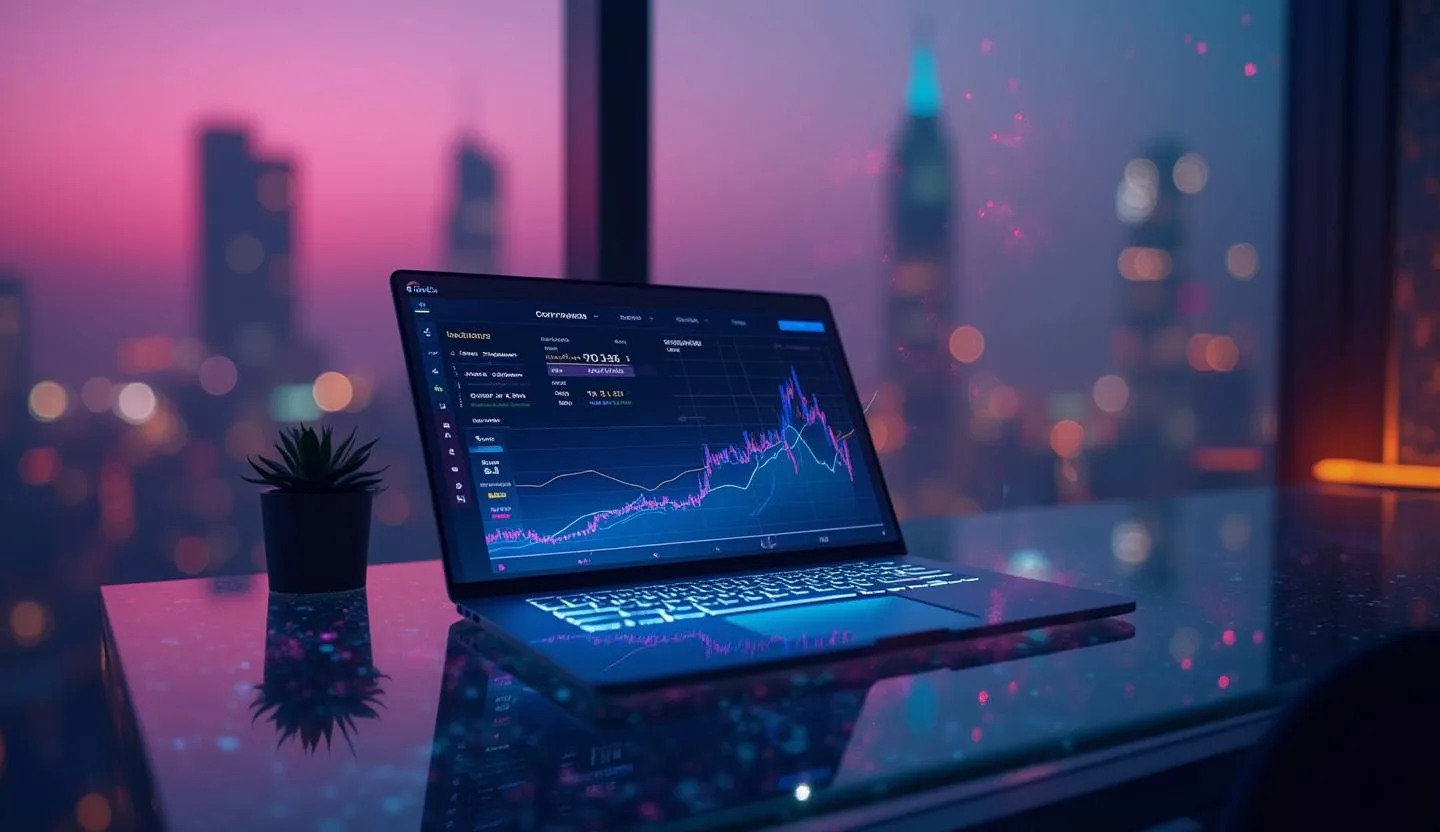Citigroup’s Surprising Reversal on Brazil’s Education Powerhouse
In a move that caught many off guard, Citigroup upgraded Afya Limited (AFYA), the leading digital education platform for medical professionals in Brazil, from ‘Sell’ to ‘Neutral’ with a $14 price target. This shift comes as the stock, after a period of notable weakness, now trades just above the new target. With Citigroup’s global research heft and a reputation for rigorous emerging market coverage, this upgrade could mark an inflection point for the stock—and for investors recalibrating exposure to Brazil’s education sector.
Recent analyst rating changes warrant close attention, as they often signal shifts in institutional sentiment and can precede large-scale capital flows. In the case of Afya, Citigroup’s abrupt change of heart is particularly meaningful given its former bearish stance and the stock’s sharp correction from previous highs.
Key Takeaways
Citigroup upgrades AFYA to ‘Neutral’ with a $14 price target.
Current price ($14.48) sits just above the new target, suggesting limited upside and a possible ceiling.
AFYA recently touched its yearly low ($13.47), rebounding modestly on light volume and underperformance versus the sector.
Recent news highlights AFYA’s inclusion in Zacks’ top growth stocks list and debates around its valuation.
Technical indicators (RSI at 22.8) suggest AFYA is oversold; price is hugging the lower Bollinger Band.
Citigroup’s upgrade reflects a shift from ‘underperform’ to ‘fair value’—but not a bullish endorsement.
Citigroup’s Upgrade: Context and Analyst Confidence
Citigroup, one of the world’s largest and most influential research houses, has a deep bench in Latin American equities and is known for its disciplined valuation frameworks. Their previous ‘Sell’ call on Afya was based on stretched valuation and macro risks in Brazil’s for-profit education sector. The upgrade to ‘Neutral’—with a $14 target—signals that downside risk has abated, but upside is capped at current levels. This is not a rallying cry, but rather an acknowledgment that the risk/reward profile has normalized.
AFYA: Business Model and Sector Dynamics
Afya operates Brazil’s largest digital and in-person educational platform for medical students and professionals, offering undergraduate and postgraduate degrees, continuing education, and digital health tools. Its asset-light expansion and focus on regulated medical education have historically insulated it from some of the volatility hitting broader for-profit education in Brazil. However, the company remains exposed to macro headwinds—currency risk, regulatory uncertainty, and periodic enrollment shocks.
Recent Financial Performance:
Revenues have shown resilience, supported by steady demand for medical education and digital services.
Operating margins remain robust compared to sector peers, but growth rates have slowed amid sector-wide pricing and enrollment pressures.
AFYA’s strong cash flow profile and scalable tech infrastructure are key differentiators.
Stock Performance: A Year of Underperformance and Technical Weakness
AFYA’s stock fell from a 12-month high of $19.90 (May 2025) to a recent low of $13.47, underperforming both the Bovespa and U.S.-listed education peers. The average daily volume over the past year is 119,782, but recent sessions saw volume drop sharply (just 3,655 shares traded on July 29), indicating investor apathy or a wait-and-see attitude.
Technical signals reinforce caution:
RSI at 22.8 (deeply oversold)
Price near lower Bollinger Band ($13.39)
20-day EMA and SMA both above current price ($15.5–$15.7)
These indicators suggest that while the stock may be due for a technical bounce, sustained upside is unlikely without a fundamental catalyst.
Price Target and Upside/Downside Analysis
With the new $14 price target and AFYA trading at $14.48 pre-market, Citigroup’s rating implies that shares are fairly valued or even slightly overextended. The potential upside from here is negative (-3.3%). Rather than signaling opportunity, Citigroup is telegraphing that the risk of further downside has lessened, but the market has already priced in the company’s near-term prospects.
For investors, this means:
The “easy” short thesis is gone—but so is the case for aggressive buying.
Any further upside will likely require a material positive surprise in earnings, regulatory developments, or M&A.
Recent News and Market Perception
AFYA’s inclusion in Zacks’ “Best Growth Stocks to Buy” (July 29) and a flurry of value-oriented research suggest that the market is wrestling with whether shares are now cheap enough to warrant re-entry. However, value screens remain divided. Zacks’ recent “AFYA vs. LOPE” piece highlights that while AFYA is attractively priced versus U.S. peers, sector-specific risks and Brazil’s macro volatility persist.
What Few See: The Real Message Behind Citigroup’s Upgrade
The upgrade is not an endorsement of growth, but an acknowledgment that the stock is no longer overvalued.
Technical exhaustion and sharply negative sentiment (RSI <25) could set up a short-term bounce—but risk/reward is now neutral.
AFYA’s digital platform and resilient business model remain attractive long term, but macro and sector headwinds limit near-term enthusiasm.
Large institutional investors may revisit the name only if macro conditions stabilize or if AFYA delivers an earnings surprise.
Conclusion: A Wait-and-See Stock for Investors
Citigroup’s move from ‘Sell’ to ‘Neutral’ on Afya is significant not because it signals imminent upside, but because it marks the end of a bearish cycle that began when valuations were far higher. For now, with the stock trading just above the new price target, investors are best served by watching for signs of a fundamental turnaround or a shift in Brazil’s macro environment. Until then, AFYA remains a case study in how quickly sector sentiment can shift—and why analyst upgrades and downgrades demand close scrutiny.

.svg)
.svg)
.svg)
.svg)

.svg)

.svg)
















